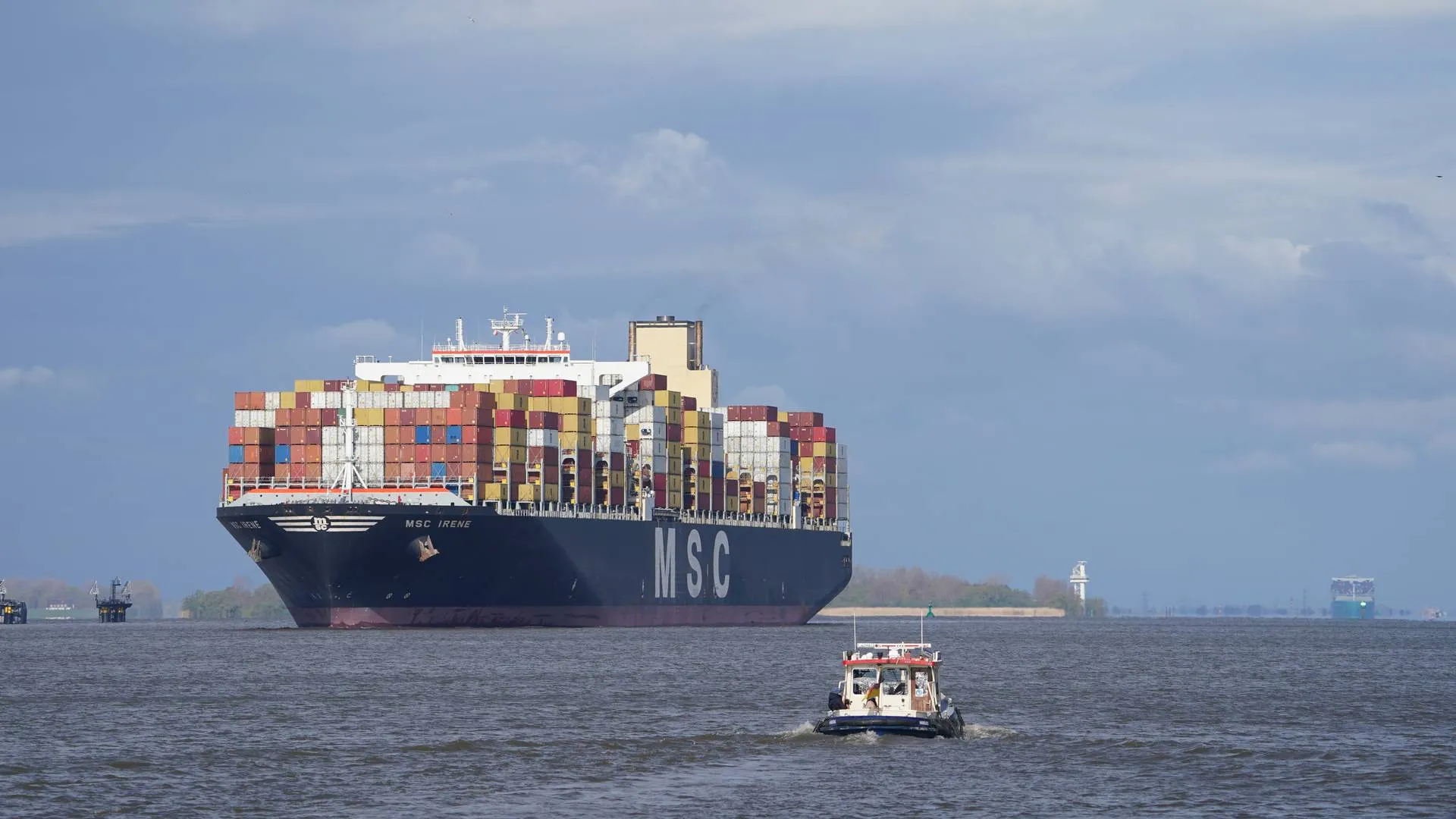Oceanly has introduced Oceanly Enterprise, a cloud-based ERP system designed to unify operational processes across shipping companies.
The new system includes four integrated modules covering maintenance, procurement, crewing, and HSQE, offering a centralised digital environment. Built using , Java, and Angular, the platform is fully cloud-native.
“Most systems in the market are still running on outdated technology, even if they look polished on the surface,” said Giampiero Soncini, Oceanly Board Member.
“Underneath, they rely on legacy frameworks and obsolete Object-Oriented Languages, and other unsupported technologies.”
“In many cases, we’ve been able to migrate a vessel’s entire dataset in under two hours—without breaking internal links.”
The new ERP system integrates directly with Oceanly Performance, the company’s existing fleet management platform, enabling shared real-time data across operational and management teams.
“What truly sets Oceanly apart is the seamless integration between Oceanly Performance and Oceanly Enterprise,” said Frederik Lerche-Tornoe, CEO of Oceanly.
“While others offer fragmented tools or simply developed new layout on top of the same legacy frameworks, we deliver a well-tested, modern and unified cloud solution designed specifically for the maritime industry—by people who understand it from the inside out.”
“Real-time data from ship operations flows directly into enterprise-level decision-making, enabling everyone from the engine room to the boardroom to work with the same, trusted information. This eliminates silos, reduces manual work, and drives faster, smarter decisions across technical, operational, and commercial teams.”
Oceanly says the system is now in use by shipping companies in Asia, with availability to be expanded to other global markets over the course of 2025.






